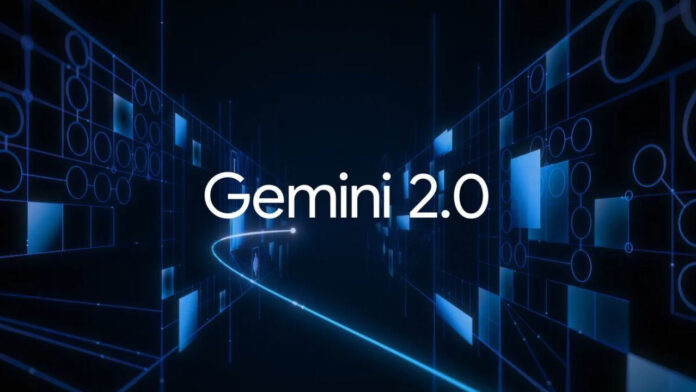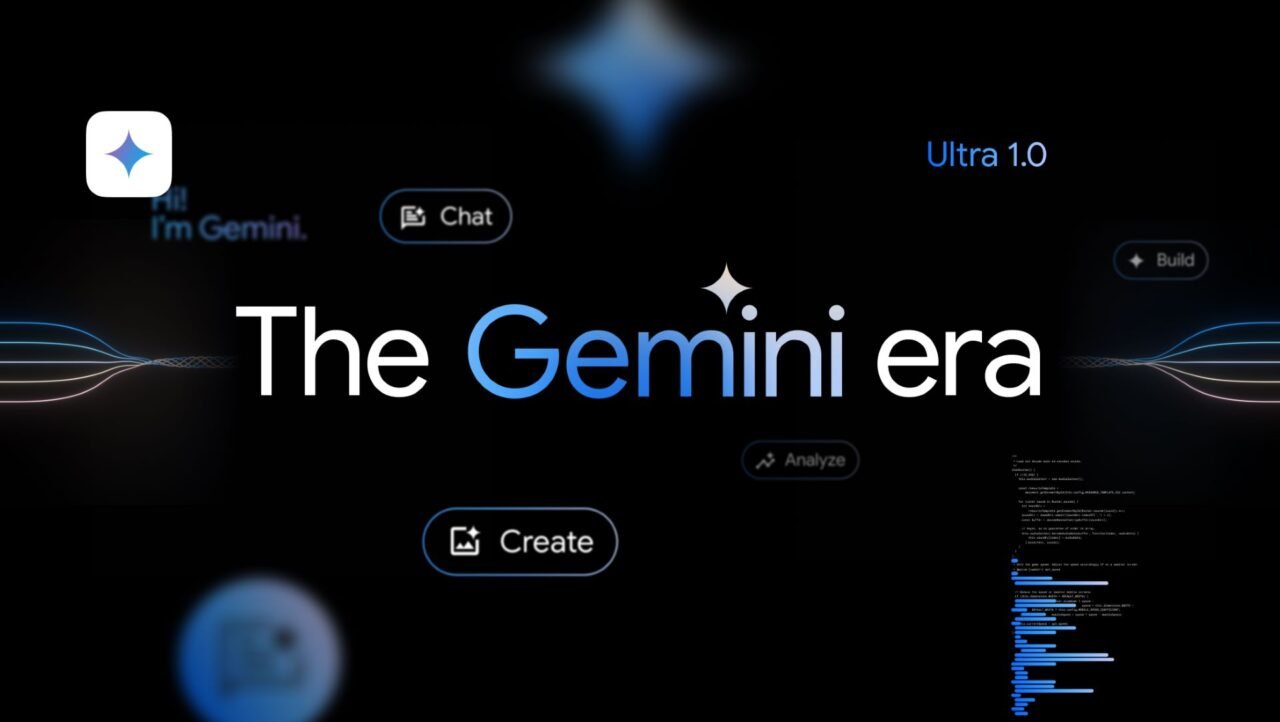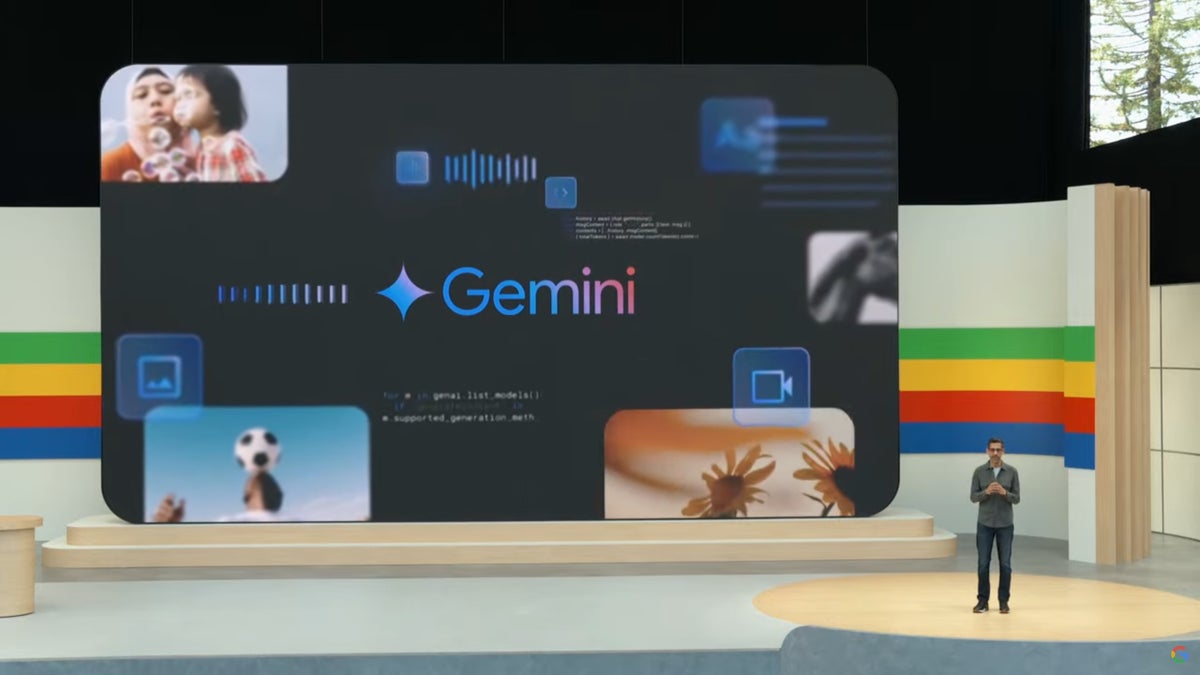Google has launched Gemini 2.0, the next-generation version of its groundbreaking AI model. Building upon the success of its predecessor, Gemini 1.0, this new iteration introduces transformative advancements in speed, capabilities, and functionality. Designed to usher in the “agentic era” of AI, Gemini 2.0 promises a paradigm shift in how artificial intelligence interacts with and supports users across diverse tasks and applications.
CEO Sundar Pichai succinctly captures the essence of the upgrade: “If Gemini 1.0 was about organising and understanding information, Gemini 2.0 is about making it much more useful.” From improved multimodal reasoning to enhanced decision-making, the model aims to provide seamless, near-human performance in AI-driven interactions. Let’s delve into what makes Gemini 2.0 a game-changer in the AI landscape.
What’s New in Gemini 2.0?
1. Blazing Speed and Multimodal Excellence
Gemini 2.0 boasts twice the speed of its predecessor and introduces enhanced multimodal processing capabilities. This means it can handle and generate responses from multiple data formats, including text, audio, video, and images. For instance, it can analyze a video and simultaneously generate an insightful summary or answer questions about its content.
A key highlight is the model’s expanded context window of up to 1 million tokens. This upgrade allows Gemini 2.0 to process and recall vast amounts of data, making it invaluable for extended projects or long-form conversations without losing track of context.
2. Agentic AI Capabilities
Gemini 2.0 pioneers the concept of agentic AI, a system capable of taking initiative, making decisions, and executing tasks on behalf of the user. Unlike the more reactive nature of Gemini 1.0, this iteration can perform autonomous tasks while still being guided by user input and oversight. For example:
- Travel Planning: The AI can independently book hotels, suggest activities, secure reservations, and create personalised itineraries based on the user’s preferences.
- Real-Time Problem Solving: Whether it’s troubleshooting a technical issue or navigating a complex workflow, Gemini 2.0 handles it with minimal input.
3. Seamless Integration and Enhanced Tool Support
Gemini 2.0 natively integrates with widely used Google tools like Search, Lens, and Maps, enabling it to process complex queries and assist with practical, real-world tasks. With reduced latency, the model achieves near-human conversational speed, making it ideal for applications requiring real-time responses.
Availability and Access
Starting this week, users worldwide can access a chat-enabled version of Gemini 2.0 Flash through the model menu on both desktop and mobile browsers. The AI will also be available on the Gemini mobile app shortly. Developers eager to explore Gemini’s new capabilities can experiment with the model via Google AI Studio and Vertex AI, where multimodal input and text output features are already accessible.
In a significant move, Google announced that general availability of Gemini 2.0 will commence in January. By then, more model sizes and additional features, such as text-to-speech and native image generation, will be made available to a broader audience.
Upcoming Projects: Astra and Mariner
Alongside Gemini 2.0, Google is working on exciting projects like Project Astra and Project Mariner, showcasing the AI’s evolving role in personal assistance and web navigation.
- Project Astra: Serving as a multilingual personal AI assistant, Astra enhances user interaction by understanding diverse accents, retaining up to 10 minutes of in-session memory, and offering tailored responses.
- Project Mariner: Aimed at web navigation, Mariner can browse the internet, fill out forms, and interpret web elements. Its advanced capabilities make it an invaluable tool for tasks such as online shopping, form submissions, and managing small businesses.
Both projects emphasize Gemini’s ability to follow complex instructions and contextually interact with online information, setting new standards for practical AI applications.
Expanding Domain-Specific Applications
Google is also tailoring Gemini 2.0 for specific industries and use cases:
- Gaming: The AI acts as a virtual companion, analyzing on-screen activity to provide real-time guidance or suggestions to players.
- Software Development: Gemini 2.0 integrates into coding workflows, offering solutions for debugging, code generation, and execution under developer supervision.
These advancements demonstrate the versatility of Gemini 2.0, making it equally useful for entertainment and professional settings.
Safety and Ethical Considerations
With the increasing capabilities of AI, safety remains a top priority. Google has embedded robust safeguards in Gemini 2.0 to prevent misuse, such as phishing or fraud. The model is currently being tested by trusted evaluators, ensuring its ethical and secure application before a broader rollout.
This commitment to safety reflects Google’s dedication to bridging the gap between cutting-edge technology and human needs while maintaining user trust.
What’s Next for Gemini?
Looking ahead, Google has ambitious plans for Gemini 2.0:
- Integration Across Google Products: In 2024, the AI will be embedded in more Google offerings, such as AI Overviews, to handle complex multi-step queries, advanced math problems, and sophisticated coding challenges.
- Developer Accessibility: By January, developers will have expanded access to Gemini’s capabilities, with text-to-speech and image generation features rolling out to early-access partners.
- Enhanced Features: Future iterations of Gemini will include deeper domain-specific capabilities, reinforcing its role in specialized industries.
Ushering in a New Era of AI
The unveiling of Gemini 2.0 marks a significant leap in AI technology. With its agentic capabilities, multimodal processing, and expanded integration into Google’s ecosystem, Gemini 2.0 is set to redefine how users interact with AI. Whether it’s simplifying everyday tasks, solving complex problems, or enhancing productivity, Gemini 2.0 brings unparalleled speed, efficiency, and versatility.
Google’s vision for the future of AI, as embodied by Gemini 2.0, highlights its commitment to innovation and responsible development. As the technology continues to evolve, users can look forward to even more transformative applications, bridging the gap between human ingenuity and machine intelligence.



